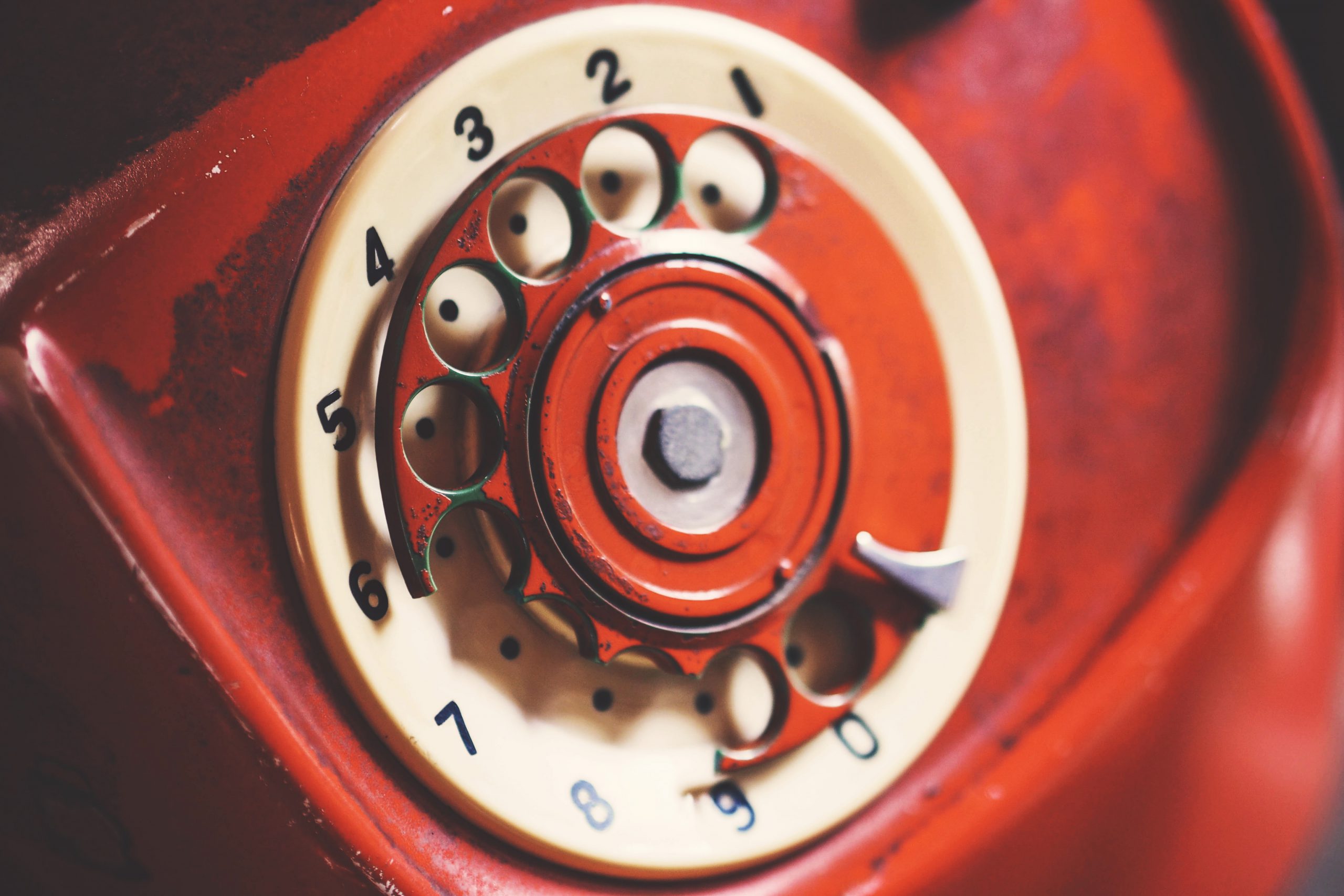 Figuring out what to say to a donor and get them to engage with you is not always easy for a front-line fundraiser. I know, because this is one of the most common frustrations that Richard and I get asked about.
Figuring out what to say to a donor and get them to engage with you is not always easy for a front-line fundraiser. I know, because this is one of the most common frustrations that Richard and I get asked about.
“Can you give me some tips on what I can say to a donor I’m trying to qualify? Or “What questions can I ask, to get a donor to engage with me and not hang up the phone? And even, “I’m really trying to understand my donor’s interests and passions, but I’m not sure how to ask about it.”
So today, I’m going to give you some practical advice and a link to a free download with dozens of examples of open-ended questions you can ask your donors – questions that we’ve proven over the years will help you connect with a donor. You can print it out and hang it up so you have it ready at a moment’s notice.
I also asked some of our Veritus Client Experience Leaders (who work every day with hundreds of mid, major and planned giving officers) to tell me what strategies are working for those front-line fundraisers right now to get their donors to engage with them. Here is what they told me:
- When you call a donor (especially during qualification), use this line: “I know you weren’t expecting this call, but I’ll be brief.” This opening to a telephone conversation acknowledges you’re interrupting the donor, but it lets the donor know you aren’t going to take much of their time, and you set an expectation. We’re getting very positive feedback from front-line fundraisers in using this approach.
- Always honor the time allotted to the call. If you tell a donor you’d love to have “just 15 minutes of their time,” even if the call is going great and it feels like you could talk for an hour, stick to the 15 minutes and tell the donor, “well, I feel like we could just keep talking, but I promised to only take 15 minutes of your time. Perhaps we could talk again at another time or even meet over a Zoom call.”
- Requesting a conversation — Many of our clients’ front-line fundraisers are getting great responses by emailing the donor and requesting to talk with them. They key is that they set the intention up front, e.g. “I’d like to talk with you about one of the programs you’re funding and give you an update.” Or “I wanted to reach out to you by phone to discuss a new project that I think you may be excited to participate in.” So, in essence, the fundraiser is asking the donor for permission to engage further.
- Email follow up — Many fundraisers end up leaving voice messages when calling donors because, honestly, people don’t answer their phones much anymore. The key to getting the donor to engage is to follow up with an email letting the donor know you tried reaching them and asking if you could schedule some time to discuss.
- Persistence pays off — Our Veritus CELs really stressed this. Why? Because they told me that the number one reason front-line fundraisers don’t connect with donors is because they give up too easily. They may try 2 or 3 times to get a hold of a donor, and then they move on, but they said it may take up to 7-9 tries to actually engage with a donor. That requires a ton of patience and persistence, but they tell me it’s absolutely worth it; they have story after story of donors FINALLY engaging after a number of attempts to reach out to them.
Learning to engage with your donors, developing that relationship and gaining their trust over time is crucial to your success. These practical tips can help you as you qualify, cultivate and steward those relationships over the course of your career.
Jeff
PS — Don’t forget to get your free download of dozens of open-ended questions to ask your donors. It’s perfect for you as you reach out to your donors. (Tweet it!)






0 Comments